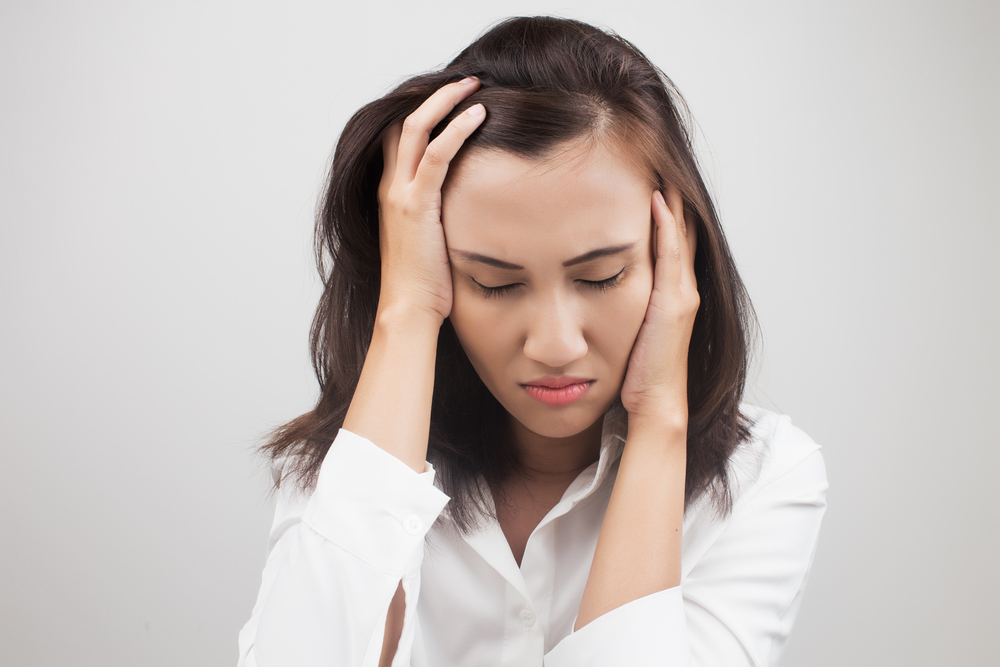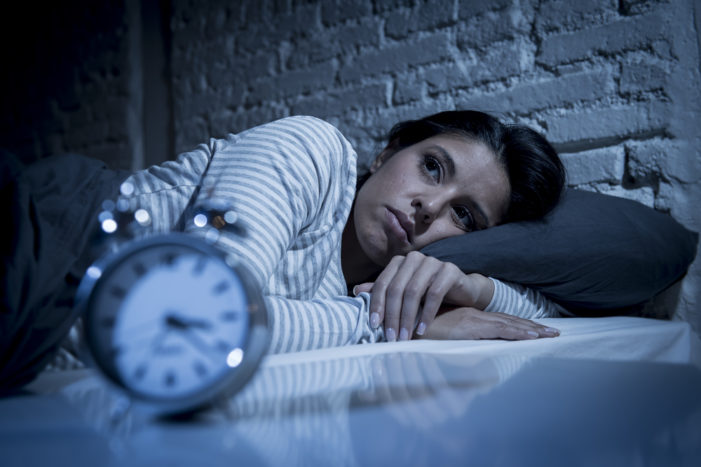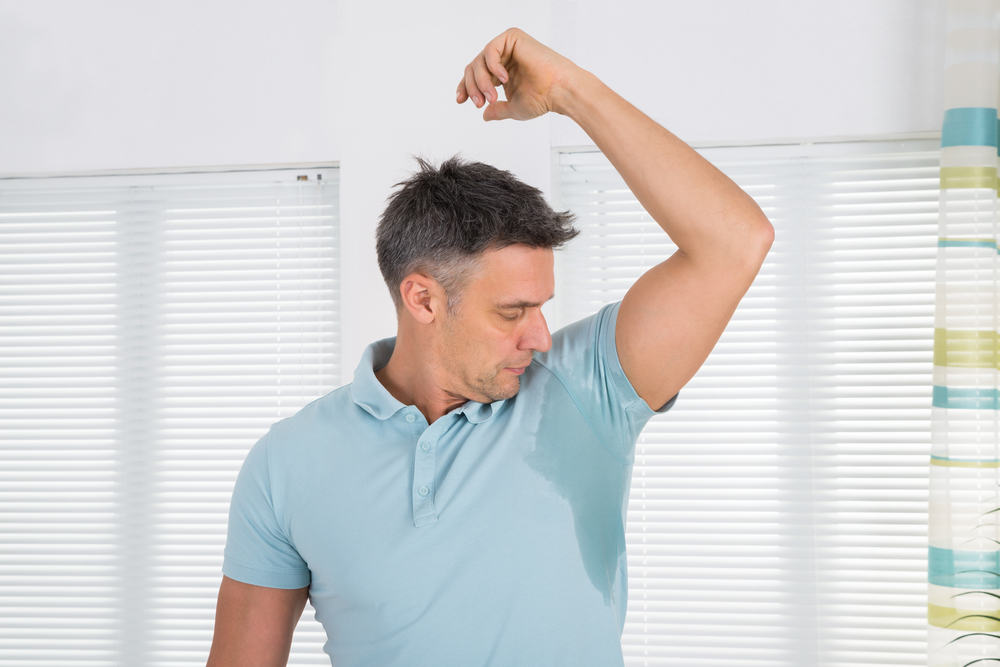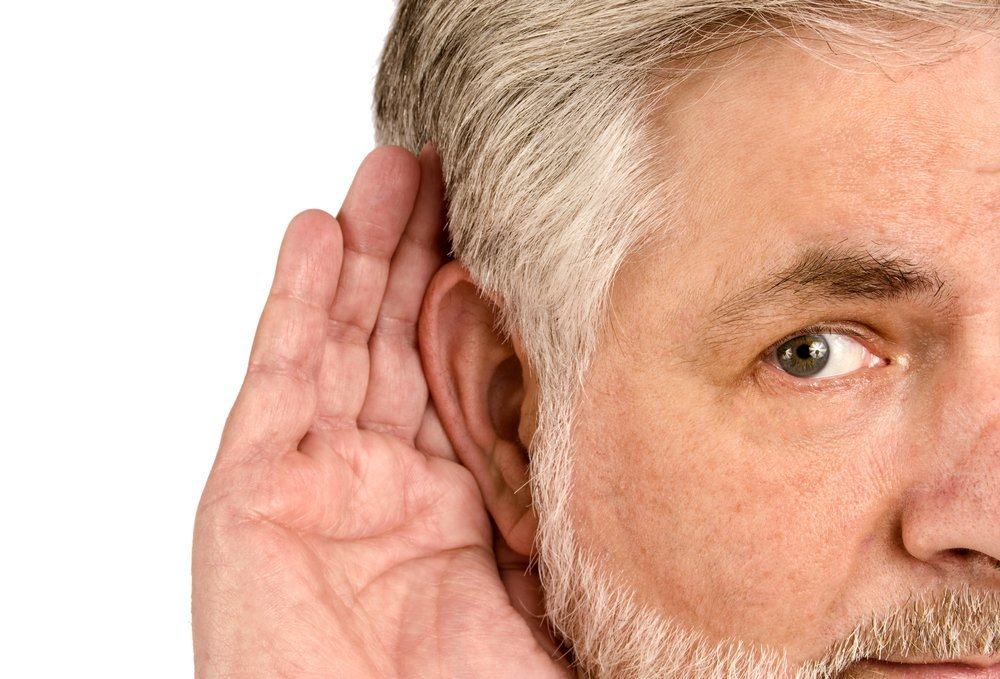Contents:
- Medical Video: How to cope with anxiety | Olivia Remes | TEDxUHasselt
- The risk of anxiety disorders increases over time due to lack of sleep
- Anxiety can also make it difficult for you to sleep well
- Tips for easy sleep better
Medical Video: How to cope with anxiety | Olivia Remes | TEDxUHasselt
Having super-dense activities every day often makes us fall asleep or not. In fact, getting enough sleep and well every night is important to support your health. Not just physical health, you know! Getting enough sleep helps maintain your mental health too. There have been many studies out there that report various detrimental effects on your mental condition due to lack of sleep.
Now, a recent study has successfully linked the effects of sleep deprivation to an increased risk of anxiety disorders or anxiety. How come? See the explanation below.
The risk of anxiety disorders increases over time due to lack of sleep
Experts from various parts of the world agree that the habit of not sleeping enough for 7-8 hours each night can cause brain alertness and concentration to decrease. So, no wonder after hours (or even days) not sleeping enough, you become confused yourself and have difficulty thinking clearly.
A study from Binghamton University found that sleep deprivation habits can increase the risk of anxiety disorders. This theory corroborates a previous study which reported that around 27 percent of anxiety disorder patients begin with insomnia which makes them unable to sleep.
The risk of anxiety due to lack of sleep is associated with a disorder of clear thinking due to a tired brain. Difficulty thinking clearly causes the brain to tend to plant "seeds" of negative thoughts that interfere and can continue to appear repeatedly without being triggered by anything.
Sleep deprivation also decreases your ability to control behavior because the control function in the brain cannot work properly. So when the body is awake, the brain will work in fashion autopilot and refers to the existing pattern of habits.
That's why eliminating bad habits, in this case is thinking that is not so that it triggers anxiety, it will be more difficult if you are sleepy. Because the brain is exhausted will automatically repeat the same behavior in the same situation. This repetitive effect of negative thoughts is a problem similar to that which is often experienced by people with anxiety disorders (anxiety) and depression.
Anxiety can also make it difficult for you to sleep well
Sleep deprivation is not a direct cause of anxiety disorders. However, anxiety and sleep actually affect each other. The worse the quality of your sleep, the more severe symptoms of anxiety that may arise.
This is because the dominance of negative thoughts that continue to envelop the brain can make a person easily stressed. In the long term, chronic stress can increase the risk of insomnia which makes a person more insomnia and then triggers the appearance of anxiety symptoms.
The opposite is so. The more anxious disturbances are left to gnaw at the soul, the more difficult it is for you to sleep so that the problem can get worse over time. Because ketIf you feel anxious, the brain will continue to play negative thoughts like a film roll. As a result, "you will be increasingly busy thinking about it so you can't sleep," said Rita Aouad, MD, a mental health expert and expert in treating sleep problems from Ohio State University Wexner Medical Center, as quoted from Prevention.
It also includes physical symptoms that accompany anxiety such as weakness and rheumatic pain (due to muscle tension), digestive disorders such as abdominal pain or heartburn, headache, trembling, dry mouth, and profuse sweating. Staying up late can cause it, and all these physical anxiety problems can get worse due to lack of sleep.
Tips for easy sleep better
The impact of staying up on someone's psychological in general will not immediately be felt just like that. Usually it will begin to appear when the brain is no longer able to tolerate extremely poor rest periods.
That's why Meredith Coles, research leader and psychology lecturer at Binghamton University, stressed the importance of improving sleep patterns as quickly as possible if you are used to staying up late for a long time.
In order to get enough sleep and rest, Coles advises you to
- "Clean" your nighttime schedule from a routine that is not important and can trigger stress, like not getting used to playing gadgets and not drinking alcohol or caffeine before going to bed.
- As a replacement, do a calming activity like meditation or doing breathing techniques.
- Make a regular sleep schedule. Sleep and wake up at the same time every day, including when weekend, helping circadian rhythms work better.
It's easy, follow the sleep hygiene guide from Hello Sehat to help with your sleep problems. If you still find it difficult to get enough sleep even though you have followed the steps above, consider consulting a doctor to find out the right way to deal with it.













